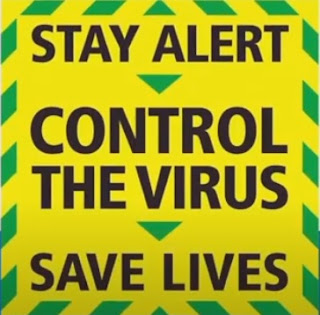Coronavirus diary, day 96

My wife, who works for the NHS, had her antibody test results back today, and she has not had Coronavirus. No vast surprise as none of the family have had any symptoms, but one of the many hugely problematic aspects of this wretched bug is that some people get it and can pass it on without getting any symptoms. The single most important lesson to come out of this pandemic so far is that we need to be ready in future to organise large scale testing for any disease, including new ones, and to ramp it up quickly. Keep well







